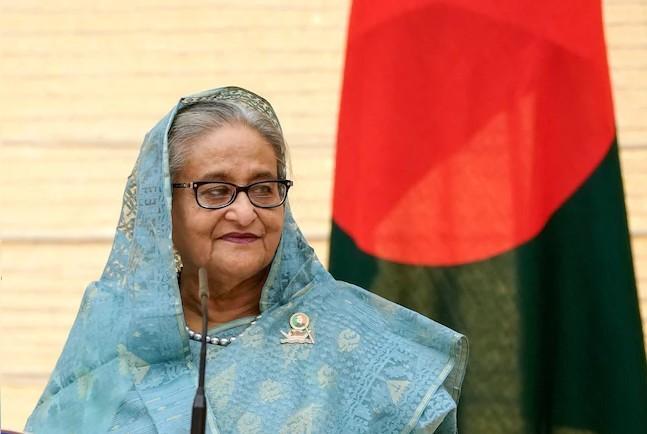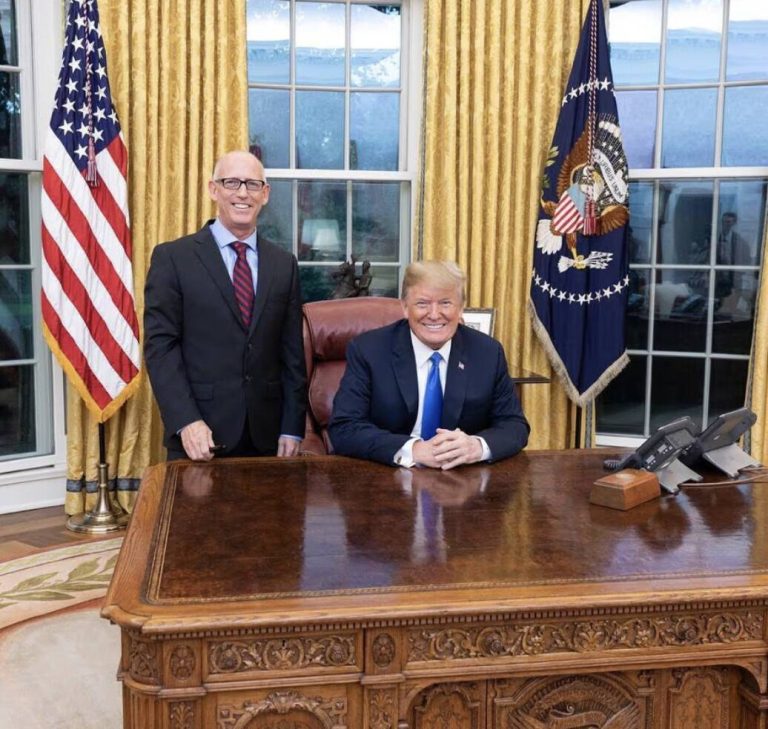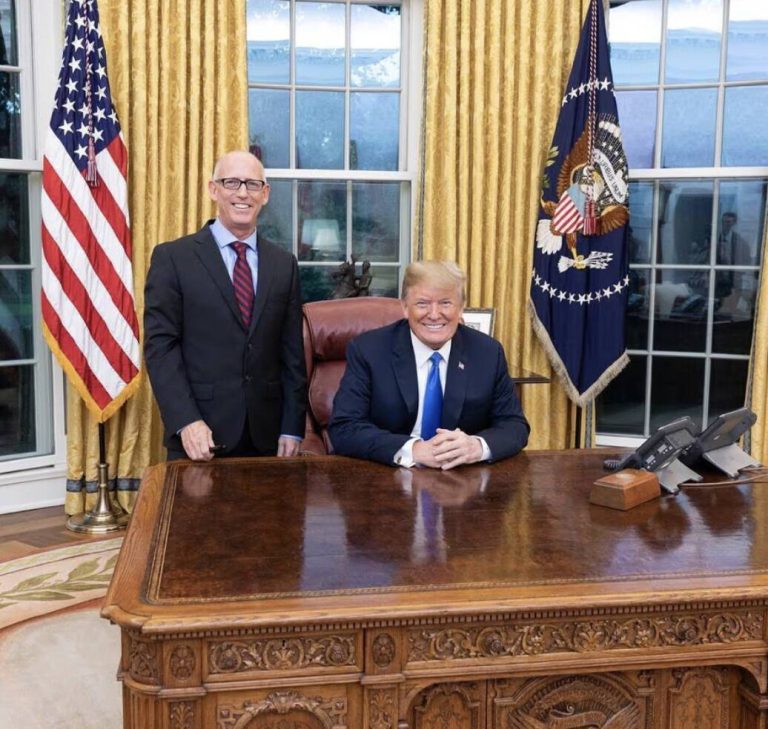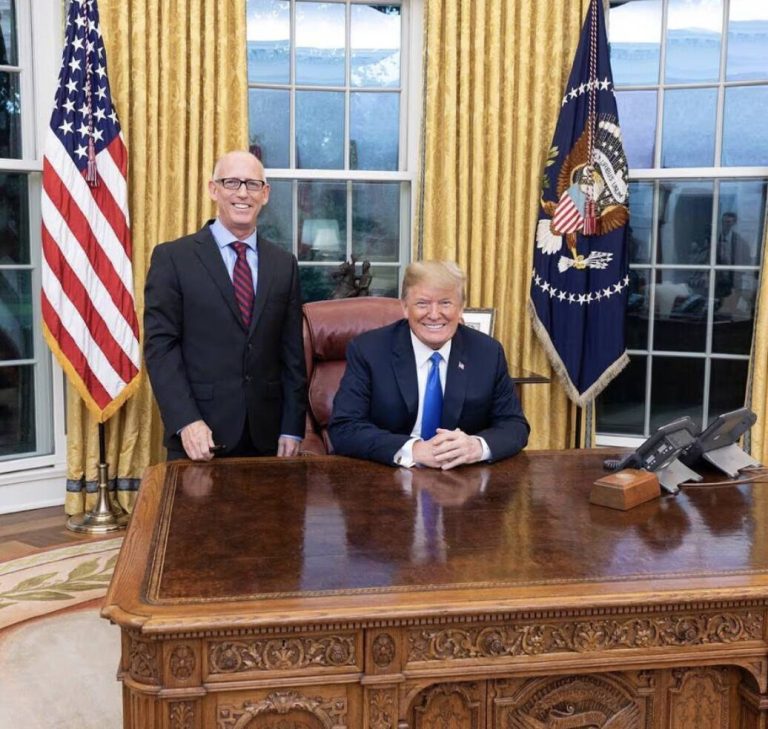
I don’t care about verdict, Allah gave life & he will take it: Sheikh Hasina
As the world waits with bated breath for the International Crimes Tribunal verdict on Monday, ousted former Bangladesh Prime Minister Sheikh Hasina has expressed her indifference to the outcome. In a statement that reflects her unwavering faith and unshakeable resolve, Hasina said, “Allah gave me life, Allah will take it…I’ve lost my parents, my siblings, and they burnt down my home.” These words, spoken in the face of immense adversity, are a testament to her unyielding spirit and her trust in a higher power.
Hasina’s son, Sajeeb Wazed, has also spoken out about the impending verdict, stating that the tribunal is likely to sentence his mother to death. This grim prediction has sent shockwaves around the world, with many questioning the fairness and impartiality of the tribunal. However, Hasina remains unfazed, her focus fixed on a power greater than any human institution.
The International Crimes Tribunal, established to try those accused of war crimes and crimes against humanity during Bangladesh’s liberation war, has been a subject of controversy and debate. Many have raised concerns about the tribunal’s independence and impartiality, with some accusing it of being a tool for political vendetta. Hasina, who has been a vocal critic of the tribunal, has maintained that the proceedings are biased and designed to silence her and her party.
Despite the ominous predictions and the intense scrutiny, Hasina remains resolute, her faith in Allah guiding her through these tumultuous times. Her words, “Allah gave me life, Allah will take it,” are a powerful expression of her trust in a higher power and her acceptance of whatever fate may bring. This unwavering faith is a hallmark of her leadership and a source of inspiration for her supporters.
The verdict, scheduled to be delivered on Monday, will have far-reaching implications for Bangladesh and its people. The country is already on edge, with tensions running high and passions inflamed. The outcome of the verdict will either exacerbate the existing tensions or provide a glimmer of hope for reconciliation and healing.
As the world watches with bated breath, it is essential to remember that the fate of Sheikh Hasina and the future of Bangladesh are not just about politics or power struggles. They are about the fundamental human rights and dignity of a nation and its people. The International Crimes Tribunal, despite its flaws and controversies, is an attempt to address the dark chapters of Bangladesh’s past and to bring closure to the victims and their families.
In the midst of this uncertainty and turmoil, Sheikh Hasina’s words serve as a reminder of the transcendent power of faith and the human spirit. Her unwavering trust in Allah and her acceptance of whatever fate may bring are a testament to her strength and resilience. As the verdict approaches, it is essential to recognize that the true measure of a leader is not in their ability to wield power or influence, but in their capacity to inspire and uplift their people, even in the darkest of times.
As the world waits for the verdict, it is crucial to remember that the fate of Sheikh Hasina and the future of Bangladesh are intertwined with the broader struggle for justice, human rights, and democracy. The outcome of the tribunal will have far-reaching implications, not just for Bangladesh, but for the region and the world at large.
In conclusion, Sheikh Hasina’s statement, “I don’t care about verdict, Allah gave life & he will take it,” is a powerful expression of her faith and her unwavering resolve. As the world waits for the verdict, it is essential to recognize the significance of this moment and the far-reaching implications it will have for Bangladesh and its people. The fate of Sheikh Hasina and the future of Bangladesh are a reminder that the struggle for justice, human rights, and democracy is ongoing and that the power of faith and the human spirit can overcome even the most daunting challenges.





